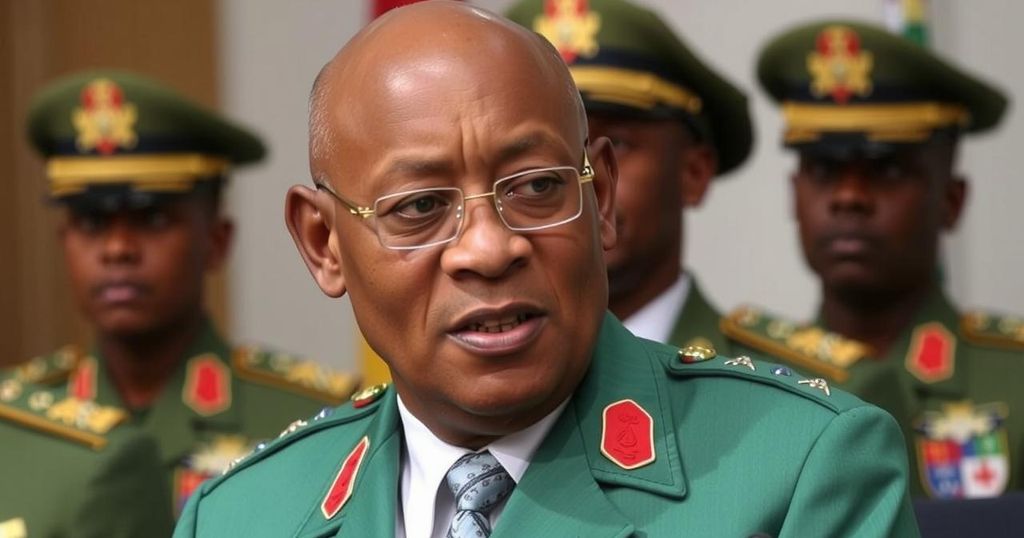Chad Conducts Elections Amid Opposition Boycott and Allegations of Fraud

Chad is holding legislative, provincial, and local elections after three years of military governance. Opposition groups are boycotting the elections, claiming electoral fraud in the previous presidential contest. Concerns regarding ballot integrity and political repression permeate the voting process, drawing attention to Chad’s turbulent political environment under Marshal Mahamat Idriss Itno’s rule.
On the heels of a three-year military rule, Chad is conducting legislative, provincial, and local elections, which the government portrays as a crucial step towards returning to democratic governance. However, opposition groups are boycotting the elections, asserting that the legitimacy of last year’s presidential election, which saw Marshal Mahamat Idriss Itno ascend to power, is fundamentally flawed. With opposition figures urging a boycott, candidates aligned with Itno are poised to dominate the electoral landscape, following prior allegations of electoral malpractice and suppression.
Opposition leader Succes Masra articulated the prevailing discontent, emphasizing a lack of faith in the electoral process: “It is better to stay at home,” insisting that the political system is predicated on deceit and electoral fraud. He further alleged that pre-prepared results were already stored on government computers before voting commenced. Amid this tense political atmosphere, the Democratic Party of the Chadian People has raised alarms regarding the disappearance of ballots intended for Bongor, calling for vigilance against potential electoral manipulations orchestrated by the ruling party.
As the elections proceed, they occur against a backdrop of instability characterized by violent attacks from the Boko Haram group, tensions regarding military agreements with France, and accusations of Chad’s involvement in the conflict in neighbouring Sudan. Marshal Itno’s leadership, emerging from his father’s lengthy rule, is under scrutiny as the country confronts its troubling past and uncertain future amid calls for greater democratic accountability.
The political landscape in Chad has been tumultuous, particularly following the death of longtime President Idriss Deby in 2021, which led to the rise of his son, Marshal Mahamat Idriss Itno. His leadership has been challenged by opposition groups who condemn perceived autocratic measures and electoral discrepancies. For over a decade, Chad has faced delays in legislative elections, attributed to security threats and health crises, culminating in a transition government that has recently attempted to solidify its legitimacy through these elections.
Chad’s elections, occurring after a military rule, spotlight an ongoing struggle for democratic legitimacy in the face of widespread opposition discontent. The election boycott by opposition parties reflects deep-seated concerns regarding electoral integrity and governmental repression. As the country navigates challenges posed by both internal and external pressures, this electoral exercise remains pivotal for Chad’s political future and democratic aspirations.
Original Source: www.france24.com








